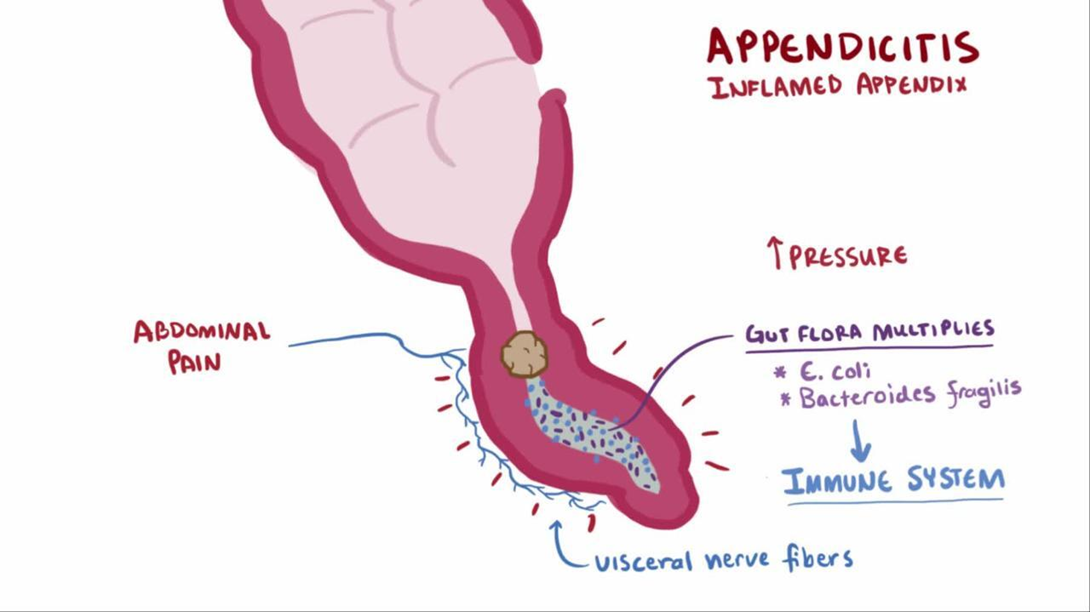A client asks the nurse for information about how to reduce risk factors for benign prostatic hyperplasia (BPH). Which information should the nurse provide?
Consume a high protein diet.
Obtain a prostate-specific antigen blood level test.
Take vitamin supplements.
Increase physical activity.
The Correct Answer is D
Choice A reason: This is incorrect because consuming a high protein diet is not a recommended strategy to reduce risk factors for BPH. In fact, some studies have suggested that a high protein intake may increase the risk of BPH by stimulating the production of insulin-like growth factor-1 (IGF-1), which may promote prostate growth.
Choice B reason: This is incorrect because obtaining a prostate-specific antigen blood level test is not a preventive measure for BPH, but rather a diagnostic tool to detect prostate cancer or monitor its treatment. Prostate-specific antigen (PSA) is a protein produced by the prostate gland that can be elevated in both BPH and prostate cancer. However, PSA levels alone cannot distinguish between these two conditions and need to be interpreted along with other factors, such as age, race, family history, and digital rectal examination.
Choice C reason: This is incorrect because taking vitamin supplements is not a proven method to reduce risk factors for BPH. While some vitamins, such as vitamin D and vitamin E, may have some beneficial effects on prostate health, there is not enough evidence to support their use as preventive agents for BPH. Moreover, some vitamins, such as vitamin A and vitamin B6, may have adverse effects on prostate health and increase the risk of BPH or prostate cancer.
Choice D reason: This is correct because increasing physical activity is a helpful way to reduce risk factors for BPH. Physical activity can help maintain a healthy weight, lower blood pressure, improve blood circulation, reduce inflammation, and regulate hormone levels. All of these factors can contribute to preventing or delaying the development of BPH.
Nursing Test Bank
Naxlex Comprehensive Predictor Exams
Related Questions
Correct Answer is A
Explanation
Choice A reason: This is correct because performing a bedside pregnancy test is the intervention that should be implemented immediately by the nurse. This is to confirm or rule out pregnancy and inform the surgical team of any possible risks or complications that may affect the client or the fetus.

Choice B reason: This is incorrect because continuing with surgery as scheduled is not an appropriate intervention without verifying the pregnancy status of the client. Surgery may pose serious threats to both maternal and fetal health, such as bleeding, infection, anesthesia complications, or miscarriage.
Choice C reason: This is incorrect because calculating gestation from last menstrual cycle is not an accurate or reliable method of determining pregnancy. The menstrual cycle can vary widely among women and may be affected by various factors such as stress, illness, or medication.
Choice D reason: This is incorrect because notifying the surgical team to cancel the surgery is not a necessary intervention unless pregnancy is confirmed. Appendicitis is a medical emergency that requires prompt surgical treatment to prevent rupture, peritonitis, or sepsis.
Correct Answer is D
Explanation
Choice A reason: This is incorrect because reviewing the need for pneumococcal vaccine is not the most important intervention for the nurse to implement. Pneumococcal vaccine is recommended for people who are at high risk of pneumococcal infections, such as those with chronic diseases or immunosuppression. However, it is not a priority action for a client with neutropenia, which is a low number of neutrophils that increases the risk of bacterial and fungal infections.
Choice B reason: This is incorrect because implementing bleeding precautions is not the most important intervention for the nurse to implement. Bleeding precautions are indicated for clients who have thrombocytopenia, which is a low number of platelets that impairs blood clotting. However, this is not the case for a client with neutropenia, which affects the white blood cells that fight infections.
Choice C reason: This is incorrect because assessing vital signs every 4 hours is not the most important intervention for the nurse to implement. Vital signs are important indicators of the client's health status and may reveal signs of infection, such as fever, tachycardia, or hypotension. However, this is not a sufficient measure to prevent or treat infections in a client with neutropenia, who needs more aggressive and proactive interventions.
Choice D reason: This is correct because placing the client in protective isolation is the most important intervention for the nurse to implement. Protective isolation, also known as reverse isolation or neutropenic precautions, is a set of measures that aim to protect the client from exposure to pathogens that may cause infections. These include wearing gloves, masks, gowns, and eye protection; using sterile equipment and techniques; avoiding contact with people who are sick or have infections; and restricting visitors and fresh flowers or fruits.
Whether you are a student looking to ace your exams or a practicing nurse seeking to enhance your expertise , our nursing education contents will empower you with the confidence and competence to make a difference in the lives of patients and become a respected leader in the healthcare field.
Visit Naxlex, invest in your future and unlock endless possibilities with our unparalleled nursing education contents today
Report Wrong Answer on the Current Question
Do you disagree with the answer? If yes, what is your expected answer? Explain.
Kindly be descriptive with the issue you are facing.
